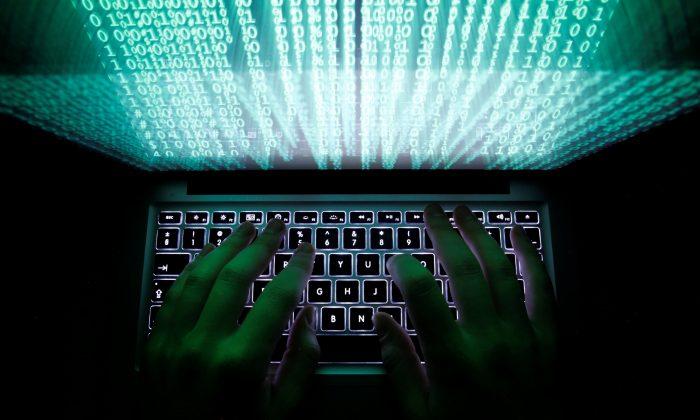Australian intelligence determined China was responsible for a cyber-attack on its national parliament and three largest political parties before the general election in May, five people with direct knowledge of the matter told Reuters.
Australia’s cyber intelligence agency the Australian Signals Directorate (ASD)—concluded in March that the ruling Chinese Communist Party’s (CCP’s) Ministry of State Security was responsible for the attack, the five people with direct knowledge of the findings of the investigation told Reuters.





